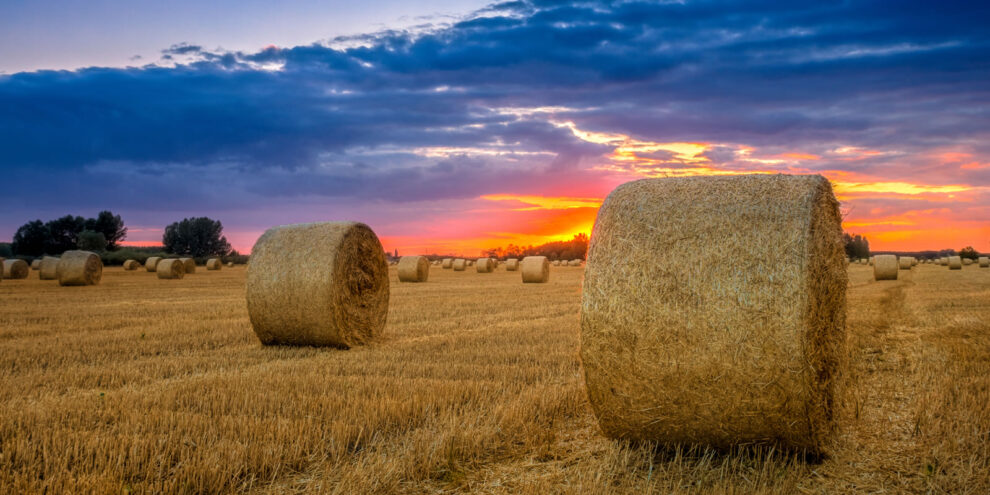In 2023, sports stars are looking for a diverse set of agricultural assets and investing their earnings in the world of farming to secure their financial future. In January, Cincinnati Bengals quarterback Joe Burrow and longtime NBA player Blake Griffin joined up with more than 20 other pro athletes from the NFL, NHL, the NBA, and Major League Baseball and purchased a farm in Iowa for roughly $5 million.
New York-based Patricof Co. facilitated the purchase of the 104-acre, corn and soy-focused farm in northern Iowa. These athletes sought to invest in agriculture both to support American farms and farmers, as well as investing in a sustainable and safe asset with historically reliable returns.
Agriculture has grown to become a mainstream institutional investment. Farmland presents a compelling investment opportunity because it has historically been one of the most stable asset classes, due to its demonstrated strong returns and low-volatility. Despite this, however, farmland has long been an overlooked and undervalued asset class and has only recently begun gaining more traction.
According to AgAmerica Director of Business Development Pat Spinosa, “We are losing land every single day, and that is an asset that continues to appreciate year-over-year. So not only is it a necessity for the country, but it’s also a good investment.” Spinosa recently interviewed Buffalo Bills quarterback Josh Allen on his podcast, Like a Farmer, to discuss the subject. Both private investors and companies are looking to purchase farmland, and even international investors are seeking American land.
Pro athletes have also taken an interest in animal protein investments, especially when produced with regenerative methods. Super Bowl MVP and Bills’ line backer Von Miller studied poultry science at Texas A&M University and owns an organic chicken farm in Texas.
Why Now Might Be the Right Time to Invest In Agriculture
There are some prime reasons why potential investors should consider a farm or a ranch for their next investment.
Long-term, Predictable Returns
Farmland has historically seen stable growth, offering a consistent rate of return, averaging 10.74% since 1991. Compared to other asset classes, farmland is extremely low-volatility, such as in Q1 of 2020, farmland values decreased by only 0.1% while the stock market decreased by 19.8%.
Growth in Value
Nationwide value of farm real estate and cropland also increased sharply from 2021 to 2022, by 12.4% and 14.3% respectively, and cash rent for cropland rose by 5%. The demand for animal protein, while already high, is projected to grow steeply as populations around the world become more wealthy.
Diversification and Low Recession Risk
Farmland is an excellent portfolio diversifier. Historically, farmland values have been uncorrelated with many popular assets, such as real estate, stocks, and bonds. Farmland investments are also safer than most industries when a recession hits; holding steady when the economy sours. Additionally, many athletes and investors want to make a positive impact on American agriculture, farmers, and even the environment. Investing offers a productive and lucrative manner of doing so.
For many years, farmland was not a common asset class among financial investors. Numerous barriers to entry stood in the way. Buying enough land to farm costs a significant amount, and properly utilizing the land is difficult for uninformed investors. Fortunately for investors, in the last 15 years significant advancements have been made in farming investing, with platforms like Harvest Returns making the industry more accessible to average investors.
This content may not be used or reproduced in any manner whatsoever, in part or in whole, without written permission of LANDTHINK. Use of this content without permission is a violation of federal copyright law. The articles, posts, comments, opinions and information provided by LANDTHINK are for informational and research purposes only and DOES NOT substitute or coincide with the advice of an attorney, accountant, real estate broker or any other licensed real estate professional. LANDTHINK strongly advises visitors and readers to seek their own professional guidance and advice related to buying, investing in or selling real estate.










Add Comment